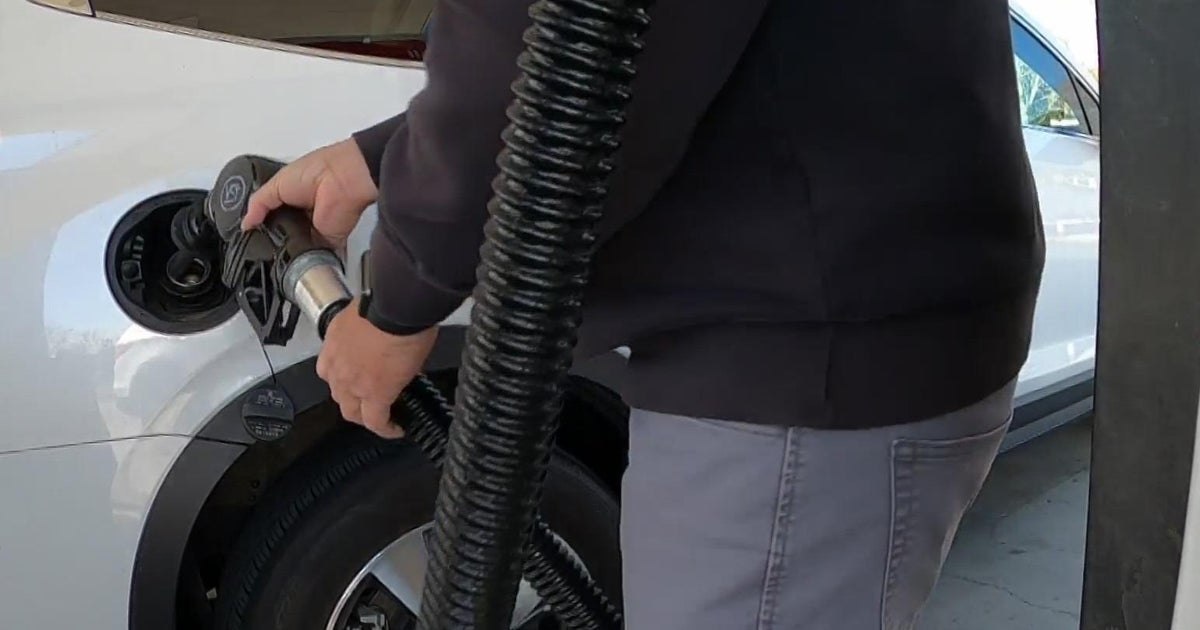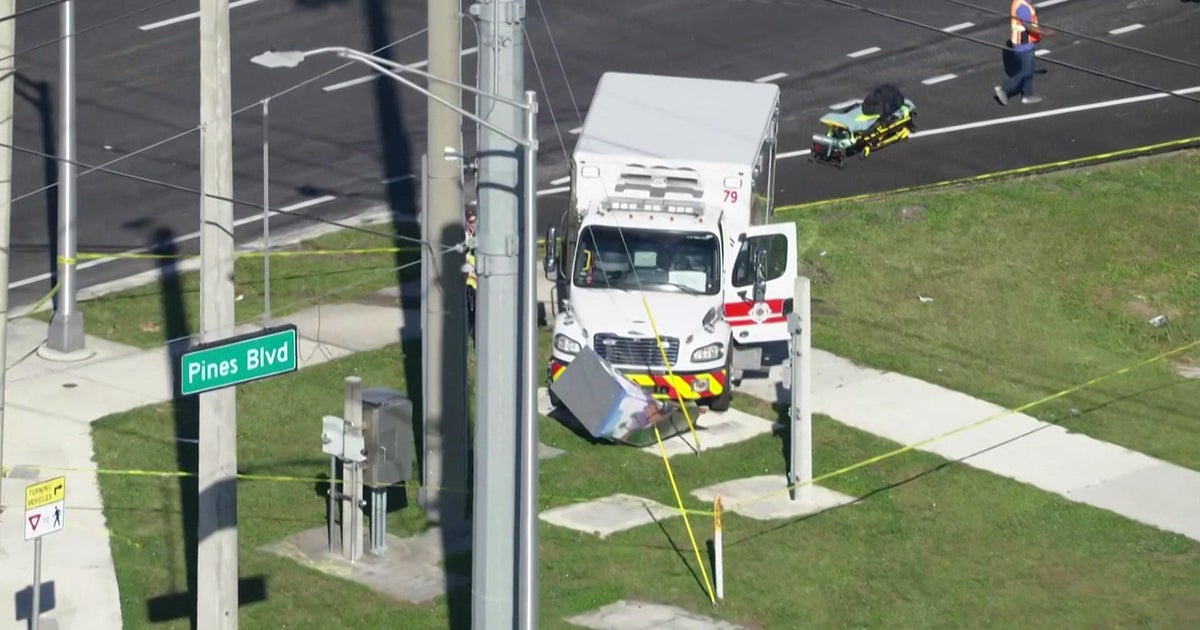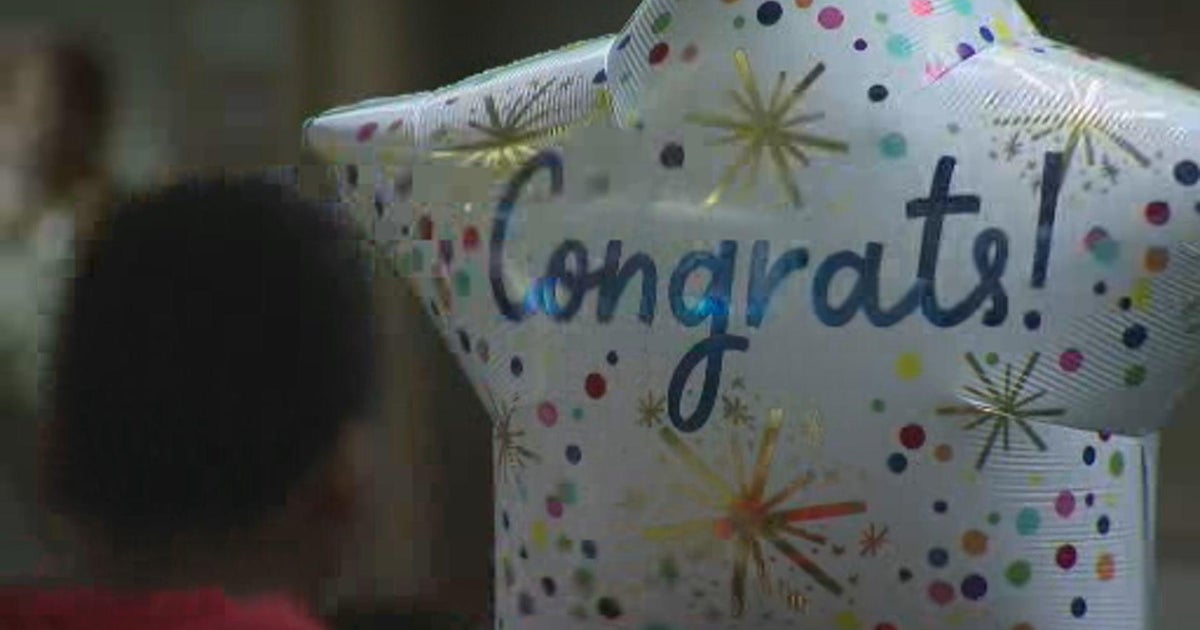Ford Expands Air Bag Recall After Malaysian Death
Follow CBSMIAMI.COM: Facebook | Twitter
DETROIT (AP) — The death of a pregnant Malaysian woman in a car crash involving a faulty air bag has led to another U.S. recall, as the auto industry struggles with a widening problem across the globe.
Ford Motor Co. agreed to recall more 2004 and 2005 Ranger small pickup trucks after the crash in Malaysia because their air bags are similar to the one that caused the woman's death, the National Highway Traffic Safety Administration said Friday.
More than 12 million vehicles have been recalled worldwide because of a potentially deadly problem with air bag inflators made by Japanese auto parts supplier Takata Corp. At least five deaths and multiple injuries have been linked to the problem, which occurs when air bags inflate with too much force and blow apart metal canisters, sending shrapnel into the passenger compartment.
After the July 27 crash, which killed a pregnant Malaysian woman and her unborn baby, NHTSA began looking into air bag inflators made at a now-closed Takata factory in LaGrange, Georgia, south of Atlanta. Takata told the agency the plant made the single-stage inflator that went into the woman's 2003 Honda City small car. It was not used in any U.S. vehicles, according to a NHTSA memo released Friday.
But Takata said some Rangers got a similar inflator. In discussions with NHTSA, Ford agreed to recall the pickups to replace the driver's air bags. Complicating matters, many of the same pickups already were under recall for the passenger air bags made by Takata. The Rangers are the only U.S. vehicle with inflators similar to those used by Honda in its City model, the agency said.
It was unclear how many Rangers are covered by the additional recall, but NHTSA said about 25,000 still are in use in the U.S. A Ford spokeswoman said Friday night she was not aware of any air bag incidents involving Rangers.
The pickups are among 26,000 vehicles that Ford added to its list of recalls for the air bag problem, bringing its total to about 85,000.
NHTSA said it is investigating Takata air bags that are more than a decade old, regardless of where they were manufactured. The company also has air bag plants in Mexico and Washington state.
In addition to the NHTSA investigation, Takata is being probed by the U.S. Attorney's Office in Manhattan and a federal grand jury in New York. Company executives are also scheduled to appear before a Senate committee on Thursday.
All of the recalled Ford vehicles are in high-humidity areas of Florida, Hawaii, Puerto Rico or the U.S. Virgin Islands. Takata has said airborne moisture can cause the air bag propellant, ammonium nitrate, to burn too fast, shattering the metal canisters.
Other Ford vehicles involved include 2005 through 2008 Mustangs, 2005 and 2006 Ford GTs. Spokeswoman Kelli Felker said the company is investigating one complaint to NHTSA of an injured Mustang driver.
In an Oct. 30 complaint, the owner of a 2007 Mustang wrote that in August, the car crashed into the rear of another vehicle at 35 mph. "The air bag deployed with abrupt force and a metal fragment dislodged, causing injury to the driver's leg, which required medical attention," the complaint said. Car owners who file complaints with NHTSA are not identified.
The series of recalls worldwide involve 10 automakers including Toyota Motor Corp., Nissan Motor Co. and General Motors Co. in various nations such as Japan, China and European countries. About 8 million of the recalls are in the United States. There are about 37.8 million vehicles with Takata air bags on U.S. roads, according to NHTSA documents.
Takata CEO Shigehisa Takada apologized for the problems with the air bags in a statement issued Thursday, saying his company was determined to prevent further problems.
(© Copyright 2014 The Associated Press. All Rights Reserved. This material may not be published, broadcast, rewritten or redistributed.)
RELATED CONTENT:



